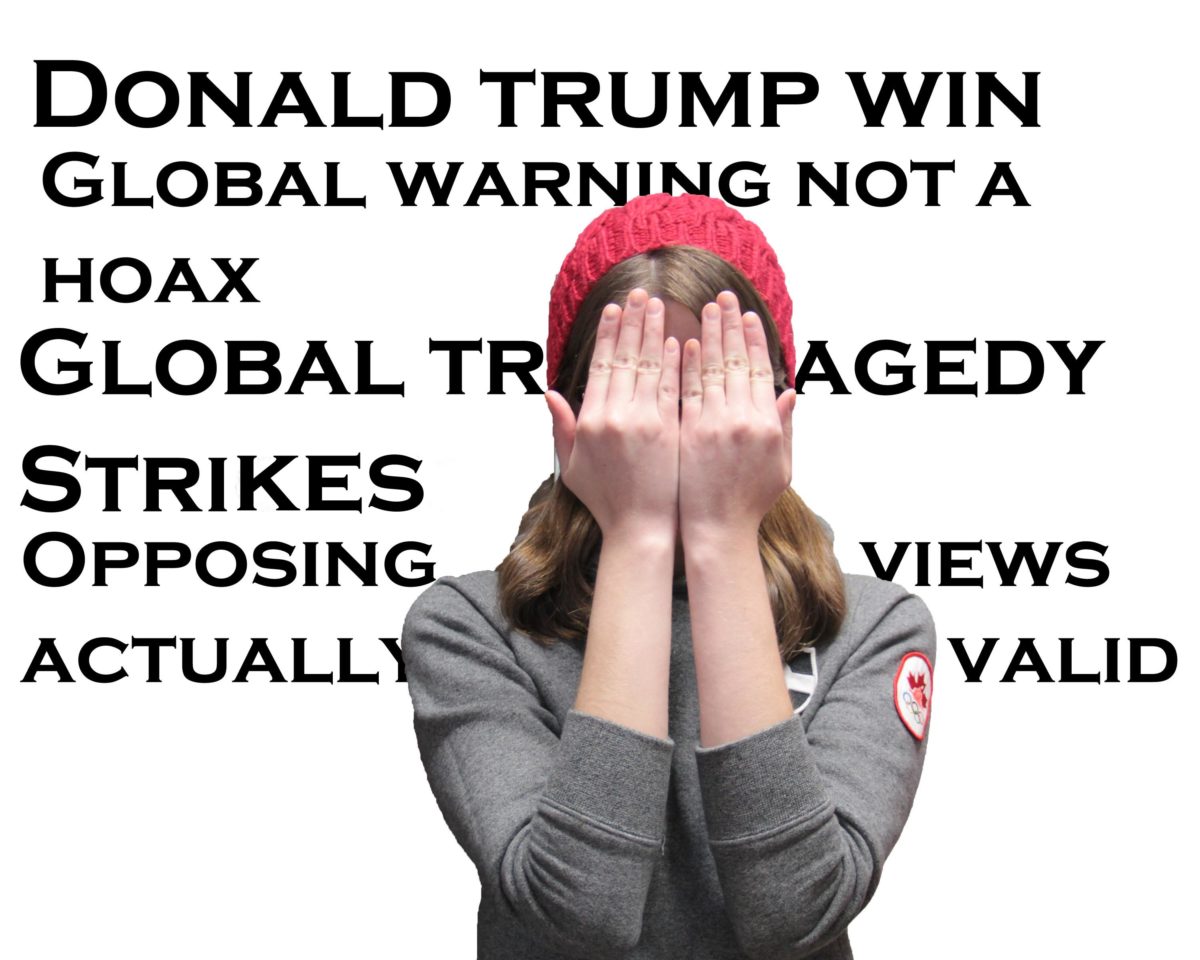The United Kingdom has rid itself of the European Union and Donald Trump is on his way to occupying the White House. With these victories, some suggest the electorate is uninformed now more than ever and its collective angst is being fuelled by the fires of technology. The question remains: are we becoming less informed in the age of information?
Political scientist Jamie Gillies, who teaches communications and public policy at St. Thomas University, said he thinks “we are increasingly living in worlds of social media information bubbles and loops that are decoupling many of us from mainstream media.
“So, it is not necessarily that people are less informed, but we are not on the same page or station or channel anymore and it is very easy to live in echo chambers online.”
Angela Wisniewski, a science and technology studies professor at STU, said there are multiple trends that people follow and respond to in different ways.
“One of the most fascinating elements to consider is the role of technology,” she said.
Wisniewski said in STS, there is talk about “affordances” or possibilities that are achieved through changes in technology, such as the growth of social media, but are not determined by it.
“People’s actions and responses also matter.”
Wisniewski said in approaching this question, the trend towards greater participation in post-secondary education is important to mention.
“It certainly suggests that not only do people have more information accumulated over years of education or training, but that they also have longer to develop skills of logic and critical thought.”
Wisniewski said there are many who believe society expects too much of youth who access online information at increasingly young ages.
“One of the things I hear from my own students is that they find it difficult to respond to debates on issues that are very polarized and where posting has already become very caustic.
“They find it difficult to sort through the claims, but also just difficult in the sense that when comments cross the line into racial slurs, zenophobia, et cetera … These things make me sensitive to the possibility that while there is much information available online, there are also potential disincentives for learning about things like opposing political opinions.”
Philip Drost, a recent STU grad who now works as a reporter for CBC New Brunswick, said he thinks people today are more informed on what they want to be informed about now that they have everything at their fingertips.
“So, I can find out a ton about basketball because I want to and there are so many ways to get it,” he said. “So, perhaps people’s knowledge is more concentrated and less broad than it used to be.”
There are claims this kind of concentrated knowledge, fuelled by things such as filtered algorithms on the news feeds of Facebook and Twitter, is dangerous. Many also believe it empowers the dissemination of false information, especially in the propagation of false, satirical news reports.
As suggested in an episode of a Stuff to Blow Your Mind podcast, social media can also have a psychological impact on the way our minds develop. For example, only drawing feedback from those who have the same political, social or cultural views as you can cause a person to become less likely to broaden his or her horizons. Here, the political-philosophical society humans have created becomes subject to a reward system that sculpts and puts chains on a person’s world views.
Wisniewski said filtered algorithms and parodies seem to get people talking about things they’re passionate about, but limit exposure to other peoples’ perspectives.
“Having said that, actions such as fact-checking and referring to recognized investigative news sources provide ready work-arounds for those who are interested. So, we are back to our issue of technical ‘affordances,’” she said.
“Yes, algorithms make it easy to stay immersed in information that has already been selected for you based on your data, but how people choose to interact with technology also matters and means that there are many possible futures.”

